The key for the China-U.S. relationship to walk out of the predicament is for the U.S. side to abandon its mania for zero-sum games, give up its obsession with encircling and containing China and stop undermining China-U.S. relations, a Chinese Foreign Ministry spokesperson said Friday.
The U.S. side should make the right choices bearing in mind the common interests of people in both countries and the world, spokesperson Wang Wenbin added.
Wang made the remarks in response to U.S. Secretary of State Antony Blinken's speech on the country's China strategy on Thursday, who described China as the "most serious long-term challenge to the international order."
Wang accused Blinken's lengthy speech of spreading disinformation, playing up the so-called "China threat," interfering in China's internal affairs and smearing China's domestic and foreign policy.
The sole purpose of it is to contain and suppress China's development and maintain the U.S. hegemony, Wang said. "China deplores and rejects this."
Humanity is now living in a new era of connectivity, where all countries share a common future and their interests are closely intertwined. Wang said that the U.S. sensationalization of the so-called "China threat" cannot solve its own problems, and will only lead the world to a dangerous abyss.
The U.S. side is completely confusing right and wrong when calling China "the most serious long-term challenge to the international order," Wang said, adding that the United States always puts its domestic law above international law, and cherry-pick international rules as it sees fit in a pragmatic way. This is the biggest source of instability in the international order.
Peace, development, equity, justice, democracy and freedom are the common values of humanity. There is no one-size-fits-all model, Wang noted, adding that the United States is running a deficit in democracy and human rights with its deplorable track record. "Is it in a position to posture as a guardian of democracy and human rights and criticize other countries on these issues?"
Wang said China advocates the principle of extensive consultation, joint contribution and shared benefits, and holds that the future of the world should be decided by all countries together.
The United States creates the so-called "Indo-Pacific strategy" to rope in regional countries to contain China, and claims to "shape the strategic environment around Beijing." This move to gang up on China will get no support and is doomed to fail.
China's diplomacy champions and practices the five principles of peaceful coexistence. The label of "coercive diplomacy" can by no means be pinned on China, Wang noted, adding that the United States is the inventor of and the synonym to "coercive diplomacy."
"Issues relating to Taiwan, Xinjiang, Hong Kong and Tibet are purely China's internal affairs," Wang stressed, adding that China urges the United States to abide by basic norms governing international relations, stop interfering in China's internal affairs, and stop spreading lies and disinformation.
"We solemnly warn the U.S. side not to underestimate the strong resolution, will and capability of the Chinese people to defend national sovereignty and territorial integrity," he added.
When talking about competition with China, the United States is actually overstretching the concept of national security to impose illegal unilateral sanctions, exercise long-arm jurisdiction and seek decoupling and industrial chain breakage, which have gravely undermined the legitimate rights and interests of Chinese enterprises and deprived China of its right to development.
This is by no means "responsible competition," but rather unscrupulous suppression and containment, Wang noted.
"We have noted that Secretary Blinken said in his speech that the United States is not looking for conflict or a new Cold War with China; it doesn't seek to block China from its role as a major power, nor to stop China from growing its economy; and it wants to coexist peacefully with China. We are watching what the United States will do," he said.








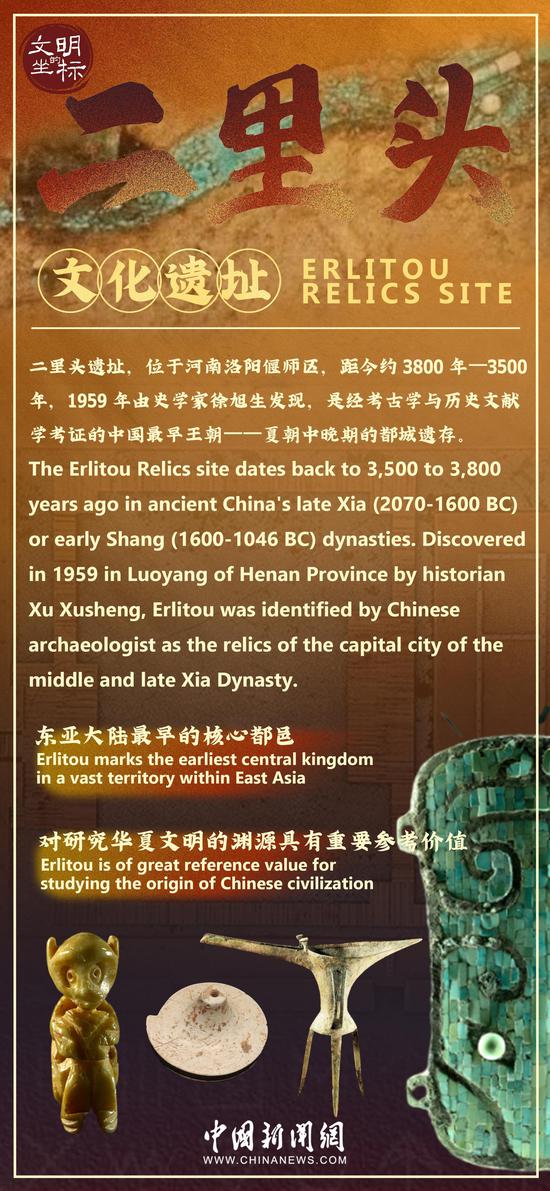


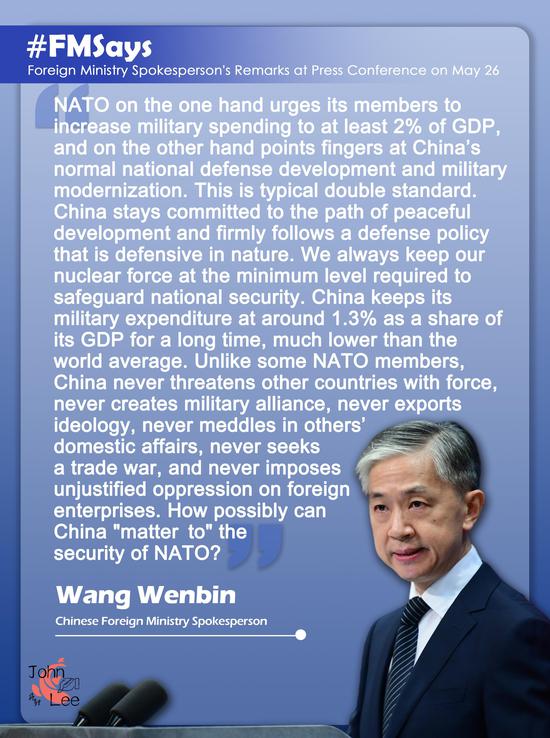
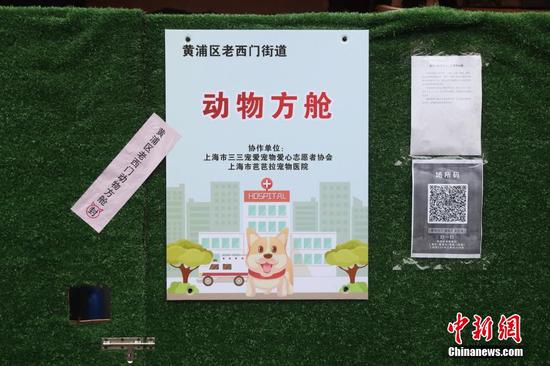



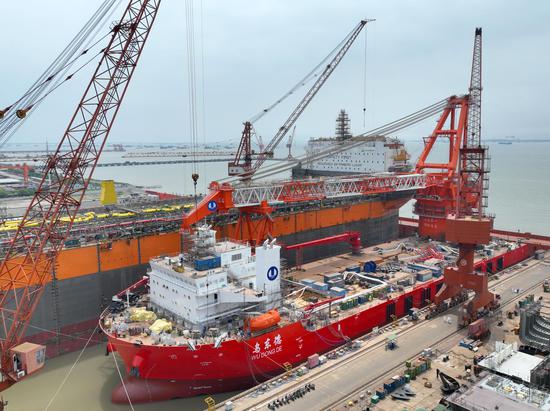


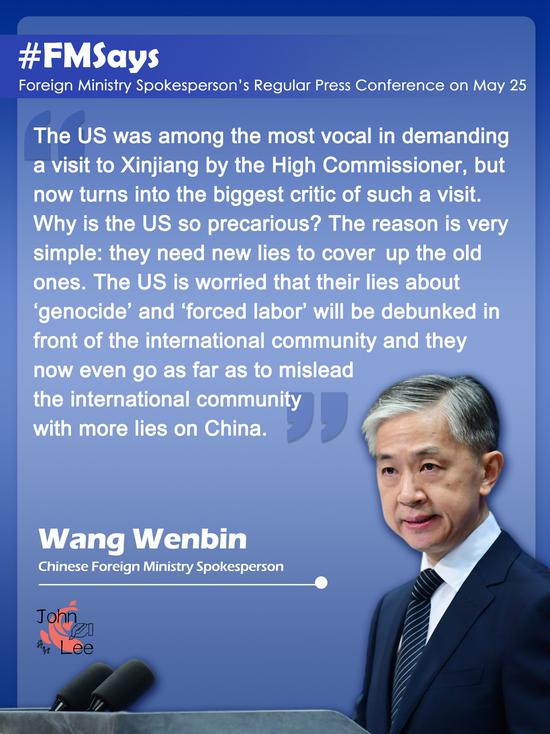







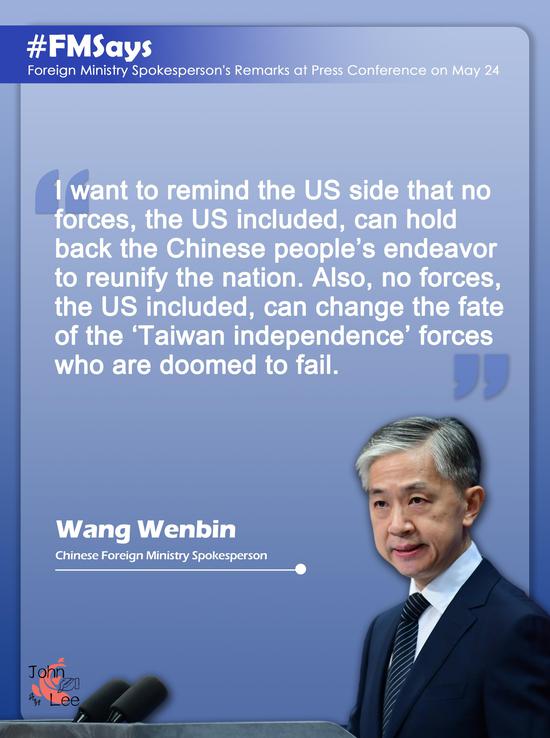

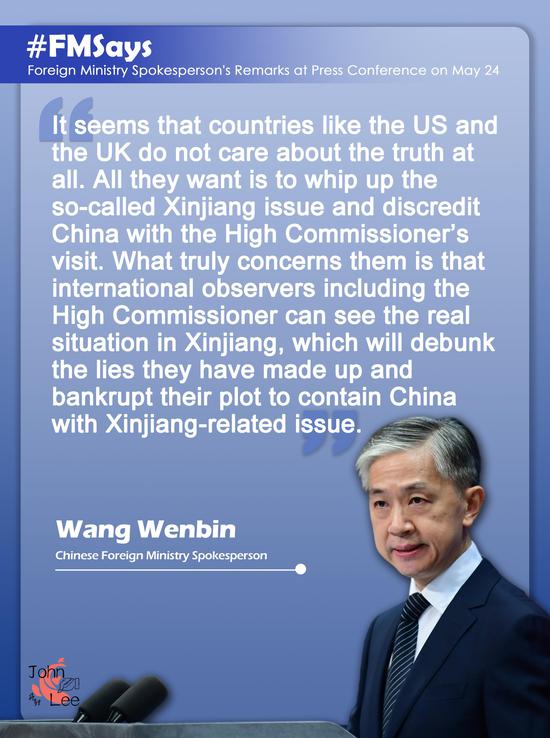






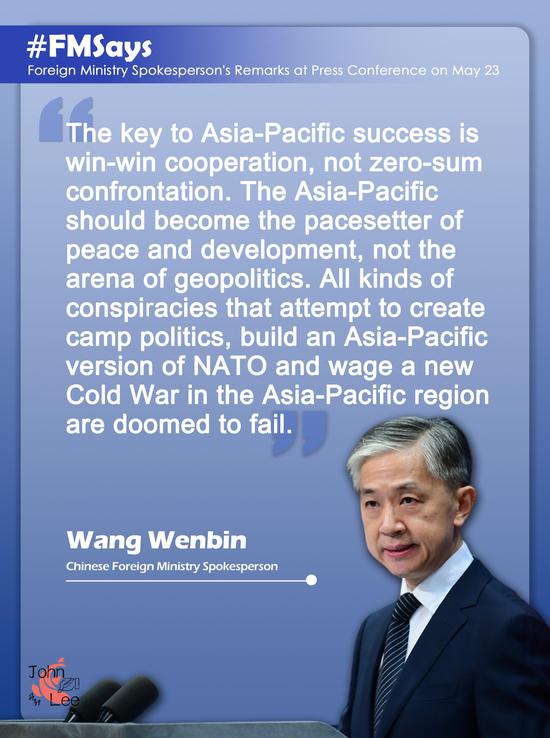



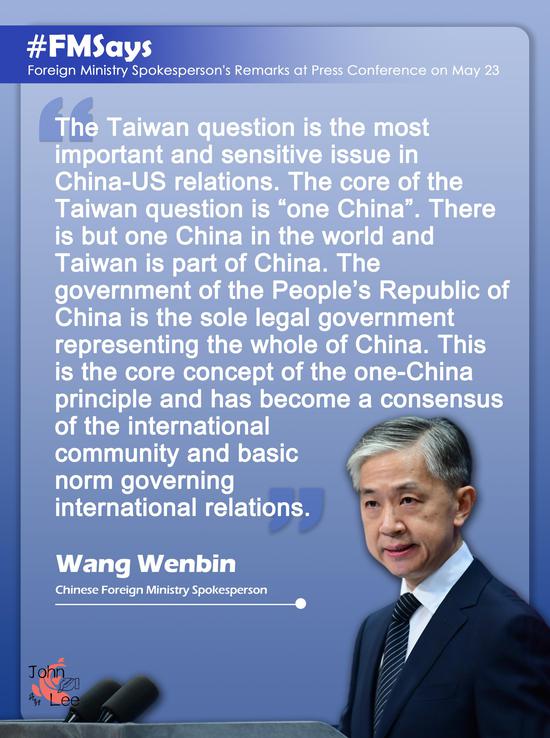









 京公网安备 11010202009201号
京公网安备 11010202009201号